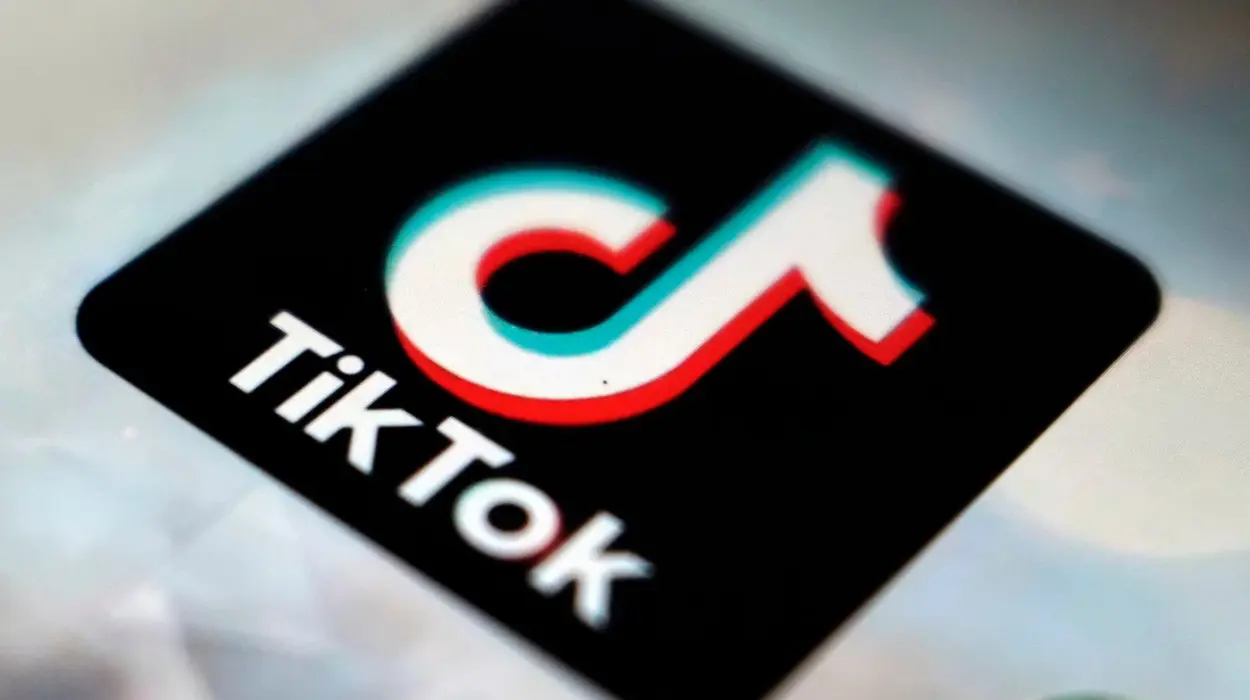USA (Transatlantic Today) —President Biden has signed a new law that could ban the Chinese-owned app TikTok in the U.S. unless its parent company, ByteDance, sells it within a year. The measure, seen as a major step in the ongoing U.S.-China tech rivalry, does not impose an immediate shutdown but has sparked legal challenges likely to delay any direct impact for months.
The law was discreetly added to a broader bill providing foreign aid to Israel, Ukraine, and Taiwan. It mandates ByteDance to divest its stake in TikTok within 12 months, or face the app’s removal from app stores and U.S. web hosting services.
The Federal Trade Commission’s Lina Khan, among others, has expressed support for new regulations to address foreign ownership in tech. Since ByteDance’s acquisition of the app in 2017, U.S. officials have scrutinized TikTok, citing security concerns over its ties to China, where national security laws could compel ByteDance to share data with the government. Despite these concerns, TikTok has amassed around 170 million users in the U.S., including many young people who use it for news and entertainment.
Sen. Maria Cantwell emphasized on the Senate floor that the legislation aims to protect Americans from potential surveillance or influence from foreign adversaries, not to punish any single company.
Following Biden’s signing, TikTok CEO Shou Zi Chew assured users that the company would fight back, claiming the law threatens free expression and that TikTok’s case aligns with constitutional rights. Civil liberties advocates have voiced similar concerns, with critics like Kate Ruane from the Center for Democracy & Technology arguing that Congress should focus on broad privacy protections rather than targeting a single platform.
Selling TikTok may prove challenging, as ByteDance’s algorithm—essential to the app’s popularity—is subject to China’s export controls. Officials in Beijing have resisted forced sales of tech assets, particularly algorithms that power content recommendations.
The law’s rapid passage surprised many within TikTok, especially after an earlier legislative effort requiring divestment stalled. This new law allows ByteDance nine months to arrange a sale, with the possibility of a three-month extension if a deal is close.
Critics, including Sen. Edward Markey, have questioned the TikTok ban, noting that many U.S.-based tech companies similarly handle vast amounts of personal data and affect young users’ mental health. He has called for comprehensive data privacy legislation to address concerns across the entire tech industry, rather than focusing solely on TikTok.
While TikTok’s fate remains uncertain, activists and lawmakers continue to debate the balance between national security and individual freedoms in the digital age.


























